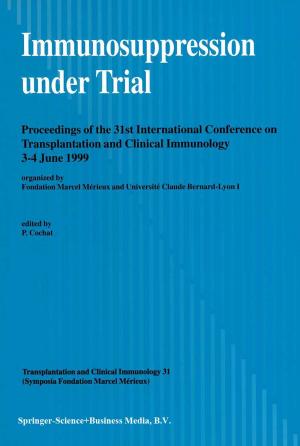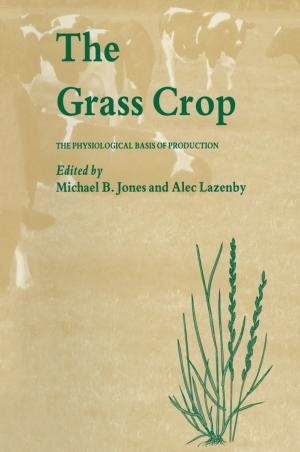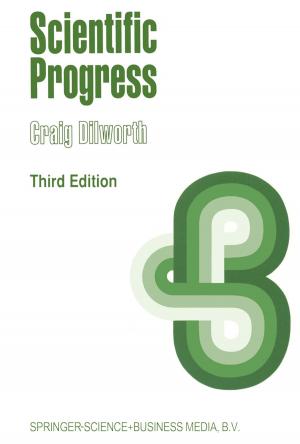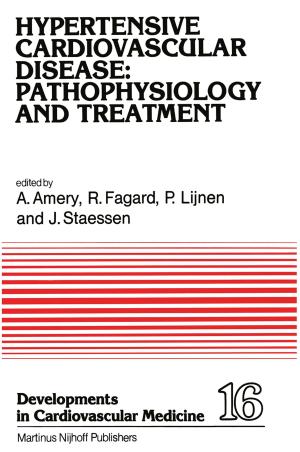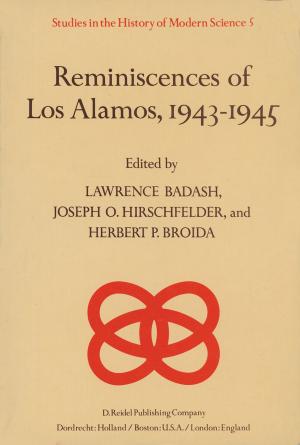New Zealand Freshwater Fishes
an Historical and Ecological Biogeography
Nonfiction, Science & Nature, Science, Biological Sciences, Ecology| Author: | R.M. McDowall | ISBN: | 9789048192717 |
| Publisher: | Springer Netherlands | Publication: | July 27, 2010 |
| Imprint: | Springer | Language: | English |
| Author: | R.M. McDowall |
| ISBN: | 9789048192717 |
| Publisher: | Springer Netherlands |
| Publication: | July 27, 2010 |
| Imprint: | Springer |
| Language: | English |
In many ways, this book is the culmination of more than four decades of my exp- ration of the taxonomy, biogeography and ecology of New Zealand’s quite small freshwater fish fauna. I began this firstly as a fisheries ecologist with the New Zealand Marine Department (then responsible for the nation’s fisheries research and mana- ment), and then with my PhD at the Museum of Comparative Zoology at Harvard University, Cambridge, MA, USA in the early–mid 1960s. Since then, employed by a series of agencies that have successively been assigned a role in fisheries research in New Zealand, I have been able to explore very widely the natural history of that fauna. Studies of the fishes of other warm to cold temperate southern lands have followed, particularly southern Australia, New Caledonia, Patagonian South America, the Falkland Islands, and South Africa and, in many ways, have provided the rather broader context within which the New Zealand fauna is embedded in terms of geography, phylogeny, and evolutionary history, and knowing this context makes the patterns within New Zealand all the clearer. An additional stream in these studies, in substantial measure driven by the beh- ioural ecology of these fishes round the Southern Hemisphere, has been exploration of the role of diadromy (regular migrations between marine and freshwater biomes) in fisheries ecology and biogeography, and eventually of diadromous fishes wor- wide.
In many ways, this book is the culmination of more than four decades of my exp- ration of the taxonomy, biogeography and ecology of New Zealand’s quite small freshwater fish fauna. I began this firstly as a fisheries ecologist with the New Zealand Marine Department (then responsible for the nation’s fisheries research and mana- ment), and then with my PhD at the Museum of Comparative Zoology at Harvard University, Cambridge, MA, USA in the early–mid 1960s. Since then, employed by a series of agencies that have successively been assigned a role in fisheries research in New Zealand, I have been able to explore very widely the natural history of that fauna. Studies of the fishes of other warm to cold temperate southern lands have followed, particularly southern Australia, New Caledonia, Patagonian South America, the Falkland Islands, and South Africa and, in many ways, have provided the rather broader context within which the New Zealand fauna is embedded in terms of geography, phylogeny, and evolutionary history, and knowing this context makes the patterns within New Zealand all the clearer. An additional stream in these studies, in substantial measure driven by the beh- ioural ecology of these fishes round the Southern Hemisphere, has been exploration of the role of diadromy (regular migrations between marine and freshwater biomes) in fisheries ecology and biogeography, and eventually of diadromous fishes wor- wide.

